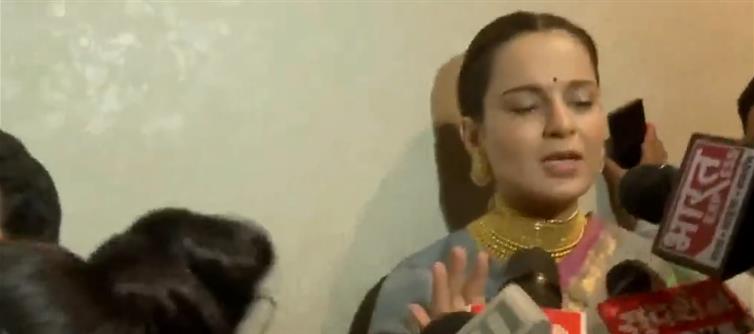
Such inconsistencies in moral and political positions erode public trust and deepen social polarization. When influential voices apply different standards based on identity—religious, political, or otherwise—it feeds the notion that justice is no longer about right or wrong, but about who the accused is. This selective empathy becomes especially dangerous in a diverse democracy, where equal treatment under the law is essential for maintaining social harmony and institutional legitimacy. It also sends a damaging message to the public: that accountability can be waived for those who belong to the "right" group.
The real danger lies not just in what is said, but in what these attitudes normalize. Hypocrisy from public figures—whether from celebrities, politicians, or media personalities—encourages a tribal mindset, where people defend or condemn actions not on principle, but on allegiance. This undermines the very foundations of justice and civil discourse. Suppose society is to move toward genuine unity and fairness. In that case, accountability must be consistent, and public figures must be held to the same standards they expect of others—regardless of who is involved.




 click and follow Indiaherald WhatsApp channel
click and follow Indiaherald WhatsApp channel